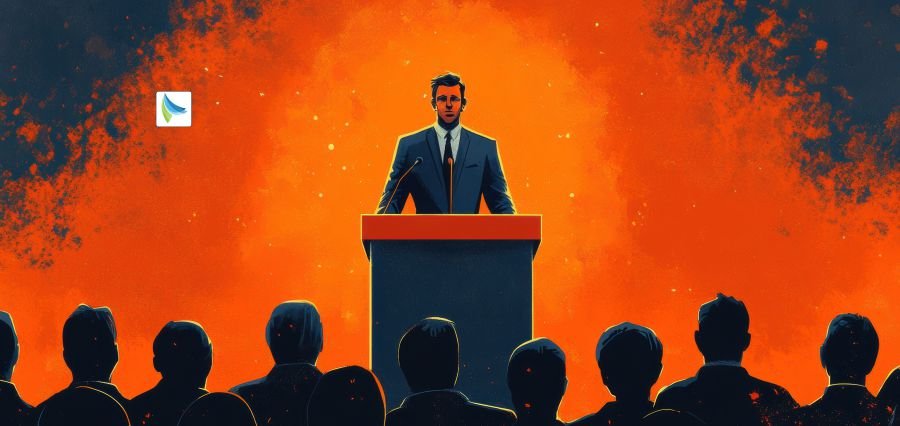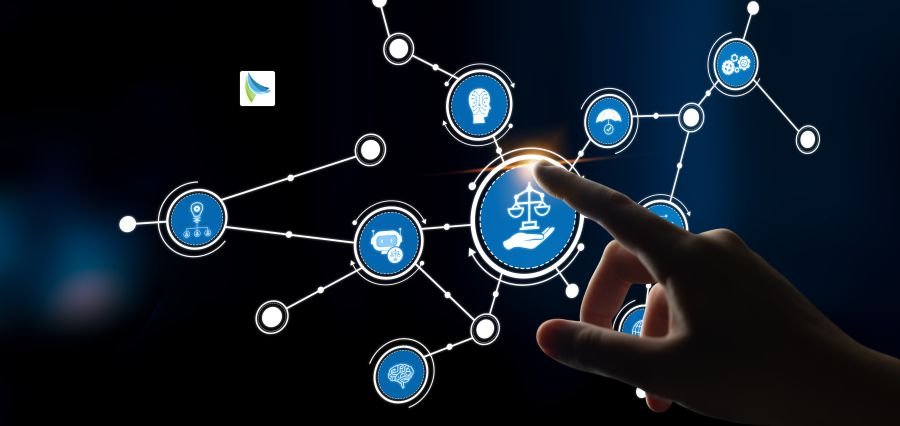With the ever-growing interconnected digital world of today, the hospitality industry is experiencing a phenomenal revolution. At the forefront of this revolution is its application through social media in modern resort management. Social media was once used as a marketing tool only, but today it has turned into an interactive tool that influences every aspect of guest experience, from discovery and booking to feedback and loyalty. As more vacationers use digital media for research and decision-making, those resorts who embrace social media as a part of their core management strategy not only survive but thrive.
This article examines how best resort managers can use social media to optimize operational performance, guest satisfaction, and brand building.
Building Brand Visibility and Online Presence
A solid online presence is essential for any resort seeking to stay ahead of the competition. Social media platforms such as Instagram, Facebook, TikTok, and X (formerly Twitter) are a visual representation of the ambiance, amenities, and special draws of a resort. A thoughtfully curated feed is an electronic tour in itself, enabling potential visitors to mentally envision their vacation.
Resort management teams today focus on content creation and social interaction. Posting guests’ content, providing glimpses into daily activity, and highlighting behind-the-scenes action are all part of genuine storytelling. This increases credibility, promotes participation, and enhances brand loyalty.
Also, since algorithms on social media such as busy and activity-filled content, posting regularly is important. Most resorts today have hired social media experts or incorporated digital agencies in their management team.
Driving Direct Bookings and Revenue
Resorts have traditionally depended on online travel agencies (OTAs), which have high commission rates. Social media integration enables resorts to shift to direct bookings, which have better margins. Capabilities such as “Book Now” buttons on Facebook or in-app booking functionality in Instagram enable guests to book with a touch of a button.
Strategic offering placement, influencer affiliation, and limited-time offers disseminated through social media also generate buzz and send traffic to resort resorts. Employed as part of an overall resort management program, these promotions can be scheduled to stimulate off-peak usage or stimulate one-time events.
Measurement tools provided by such sites allow managers to monitor engagement, conversion rates, and customer demographics, which can be used to make more targeted and efficient marketing initiatives.
Enhancing Guest Experience and Engagement
Social media isn’t only about acquiring new guests—it’s also about optimizing the current guests’ experience at the resort. Most contemporary resort management systems incorporate social media touch points that can support real-time engagement.
Whether it is a visitor sending a direct message with a specific request or the resort responding to a post where they have been tagged, these types of interactions add some form of personal touch. The guests are listened to and appreciated, which generates greater satisfaction and possibilities for repeat stays.
In addition to social media contests, check-in rewards, and live social media sessions, social sharing-conducive resorts create an atmosphere that nurtures belonging and engagement among the visitors. Social media-share-friendly resorts have a ripple effect of publicity since their contented visitors turn into brand ambassadors.
Reputation Management and Crisis Communication
Another strong sector where the incorporation of social media is extremely helpful is in reputation management. Public feedback and guest reviews are more prominent than ever before, and a single negative review can impact hundreds of potential visitors.
There should be an active resort management team watching social media closely to respond promptly and respectfully towards complaints. Prompt and sympathetic response to complaints can transform an aggrieved customer into a loyal patron. Appreciative comments, however, need to be invited and propagated to enhance brand reputation.
In the case of unexpected disruption—e.g., weather, maintenance, or medical conditions—social media offers a convenient and quick channel of communication. Timely information and transparency facilitate guest expectation management and guard against resort reputation.
Data-Driven Insights for Continuous Improvement
Social media is not just a venue to communicate but also an information treasure chest. Platforms provide detailed analytics on customer behavior, engagement levels, and content performance. Managers can use these details to learn about the preferences of guests, measure campaign efficacy, and take corrective action.
For example, if spa services are always intriguing, the resort’s management can consider broadening the scope of the services or packaging them as exclusive packages. Likewise, feedback regarding culinary quality or decor can be utilized to push the improvement in service and décor selection.
This is echoed by the increasing focus on experiential personalization across the hospitality sector.
Staff Training and Empowering for Success Online
Incorporating social media into the operation of a resort takes more than a weekly posting or two—it takes cultural transformation. Frontline personnel, such as concierges, housekeepers, and restaurant waiters, need to be trained to identify and respond to social-conscious guests.
Getting staff involved in the digital environment of the resort—sharing good times or anecdotes, say—is making the brand more human and can create a sense of belonging. Equipping staff with digital tools and instructing them also results in better guest service and brand voice consistency.
To thrive in the digital age, however, resort management needs to have every single one of its staff fully aware of the importance of interacting online and its role in it.
Conclusion: A Strategic Imperative, Not a Choice
Incorporating social media into resort management is no longer a decision—it’s a strategic imperative. With the expectations of guests changing increasingly and increasingly each day, the resort must stay ahead of them where they now live: online, mobile, and social. Whether it’s marketing, guest service, or operations, social media represents an innovative means of extending the resort experience.
Resorts embracing this blend not only differentiate themselves in a competitive marketplace but also have more engaged relationships with visitors, boost their income, and respond more positively to shifting trends. Finally, social media is turning resort management upside down from a back-of-the-house venture to an active, guest-centric, and interactive experience—one update at a time.
Read More: Implementing Transformational Hospitality Leadership Across Multi-Property Operations












